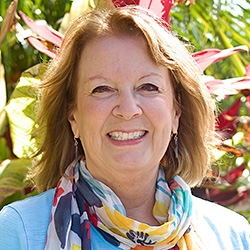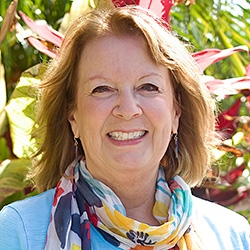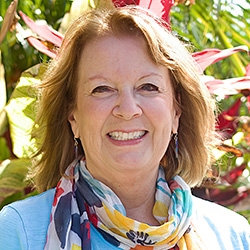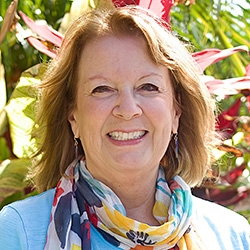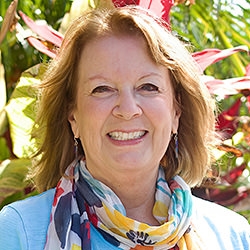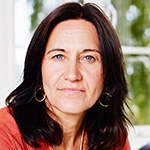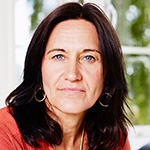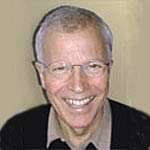

NVC Resources on Anger
-
Trainer Tip: To defuse anger and create space for resolution, hear the other person’s feelings and needs. If this practice is new to you, you're like to experience fear and resistance in trying it out. However, you'll be more likely to experience a powerful shift, and build your capacity, if you try it anyways.
-
We can ask for what we want but if we repeatedly don’t get it from one source, it's our responsibility to find a new way to get it. We don’t honor our relationships when we insist that people who are unavailable or unwilling to support us meet our needs. Read on for related a parable about a woman persistently asking to get milk from a hardware store.
-
Trainer Tip: When we feel resentment toward others, we are harming our own emotional health. Surprisingly, when we own up to our part of an uncomfortable situation, we can release the pain and resentment. Such honesty can provide healing. Read on for a related anecdote of how this can play out.
-
Trainer Tip: Empathy is a process in which we acknowledge and understand others' experience without judging or bringing up our own life experience. It can defuse a violent situation and anger in seconds, plus provide a clarity that catapults someone to a deeper level of understanding. The process is simple; listen for their feelings and needs. It can be healing for them to be deeply understood.
-
Trainer Tip: When we express frustration without blaming others and by clarifying our own needs and requests, we diminish the possibility of hurt feelings and separation in our relationships. So next time you feel very agitated or angry, rather than implying the other person is wrong or at fault, try the following: own your feelings, make a specific request, and rather than implying they need to give up their needs focus on your needs.
-
Exploring how NVC can support healing and connection in places deeply affected by violence.
-
Larsson explores how enemy images form and how they impact our relationships and self-understanding.
-
Ask the Trainer: Is it a good idea to use NVC on persistent guilt, anger or depression without the aid of others?
-
CNVC Certified Trainer Miki Kashtan talks with radio show host Hollis Polk about strategies for communicating with family members whose political views oppose our own.
-
In this brief audio snippet, CNVC Certified Trainer and founder of the CNVC Parenting Project, Inbal Kashtan, offers a profound insight that can change how we see and relate to our children.
Quick Links

Stay in Touch!
We value your privacy, won't share your email address and you can easily unsubscribe any time.

